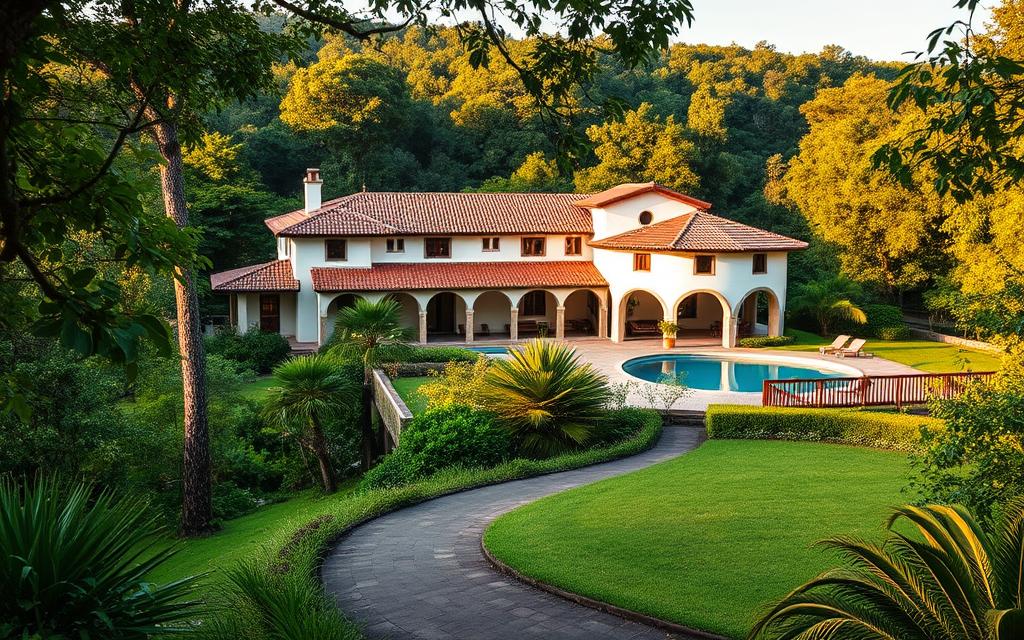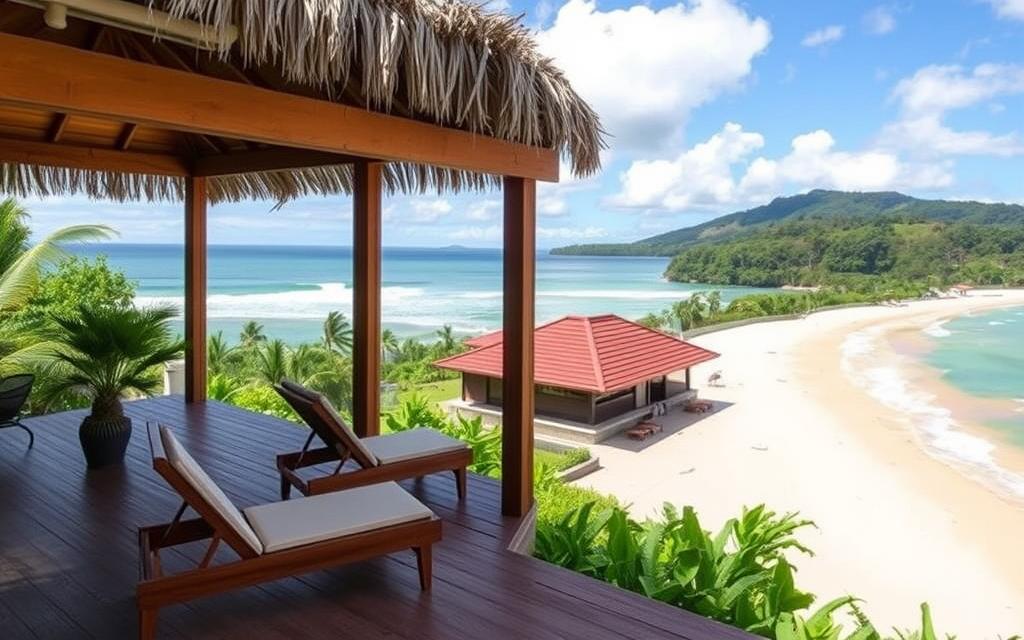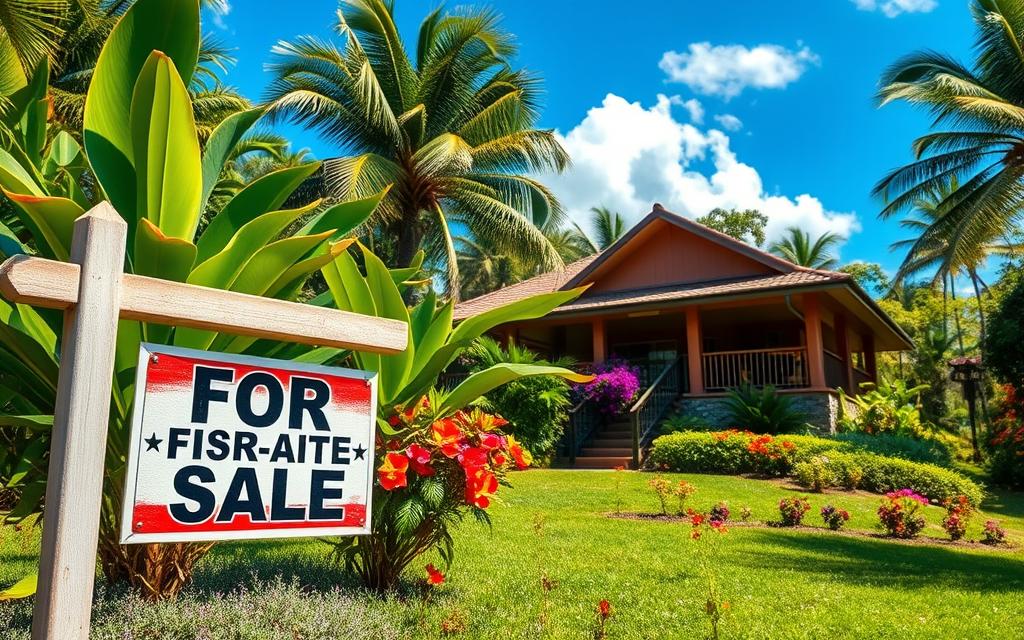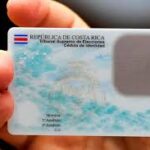Can I own property in Costa Rica with Residency?

Costa Rica has become a haven for over 120,000 foreigners, many of whom are Americans seeking a better quality of life. The country's pristine beaches, vibrant culture, and welcoming atmosphere make it an ideal destination for those looking to settle permanently or temporarily.
For those drawn to this tropical paradise, a common question arises: does buying property in Costa Rica automatically grant residency? While the country encourages foreign investment, the path to legal residency isn't as straightforward. Owning a home or land doesn't directly translate into residency status, but it can be a significant step if you understand the process and requirements.
Property Ownership Rights for Foreigners in Costa Rica

Foreigners can enjoy robust property ownership rights in Costa Rica, similar to those of citizens. The country's legal system permits foreigners to own property outright under "Fee Simple" ownership, which is the strongest form of ownership. This means that foreigners can freely buy, sell, lease, or inherit property without needing a Costa Rican partner or residency status.
Fee Simple Ownership Explained
"Fee Simple" ownership is a concept that grants foreigners nearly identical property rights as Costa Rican citizens. This form of ownership allows individuals to have complete control over their property, enabling them to buy, sell, or transfer it as they wish. The Costa Rican legal system secures property titles and ownership records through the National Registry system, providing a high level of security for foreign property owners.
Special Rules for Coastal Properties
While "Fee Simple" ownership provides significant rights, special regulations apply to coastal properties. The Maritime Zone, which extends 200 meters from the high tide line, has specific restrictions. The first 50 meters is public land and cannot be owned by anyone. The next 150 meters is concession land, which can be leased under strict conditions, often requiring Costa Rican involvement in ownership structures. Understanding these regulations is crucial for anyone looking to invest in coastal properties in Costa Rica.
Only about 5% of Costa Rica's beaches have titled land, which significantly impacts investment choices. Foreigners must be aware of these restrictions and work with qualified legal professionals to navigate the complexities of buying property in Costa Rica, especially in coastal areas.
The Relationship Between Property Ownership and Residency Status

Understanding the connection between owning property in Costa Rica and obtaining residency is crucial for foreigners looking to make the most of their investment. Many individuals assume that buying real estate in Costa Rica automatically grants them residency, but this is a misconception that can lead to legal and logistical issues.
Debunking Common Misconceptions
A common myth surrounding property ownership in Costa Rica is that it automatically confers residency status. However, owning property and residency are treated as separate legal matters. As a foreign property owner, you're subject to the standard tourist visa rules unless you formally apply for residency. For instance, US citizens can stay in Costa Rica for up to 90 days on a tourist visa, after which they must exit the country to renew their stay. This process, known as a "visa run," is not a sustainable long-term solution. For those serious about living in Costa Rica full-time, applying for residency is essential. You can explore more about the differences between a passport and residency identification on the Jaros CR website.
Tourist Visa Limitations for Property Owners
Relying on tourist visas can become risky and inconvenient for property owners who wish to stay in Costa Rica long-term. While legal for short stays, frequent "visa runs" every three months can be scrutinized by Costa Rican immigration authorities. Property owners without residency status may face challenges with banking, healthcare access, and other essential services. For example, opening a local bank account or accessing certain healthcare services can be more complicated without residency. Therefore, it's crucial for property owners to understand the limitations of tourist visas and consider applying for residency to avoid these issues.
By applying for residency, property owners can leverage their investment as part of their application, demonstrating a significant commitment to living in Costa Rica. This step can simplify many aspects of life in Costa Rica, from financial transactions to healthcare and beyond.
Can I Own Property in Costa Rica with Residency?

The relationship between property ownership and residency in Costa Rica is complex, and understanding it is vital for potential investors. While property ownership alone doesn't grant residency, it can qualify you for Costa Rica's Inversionista (Investor) Residency.
Legal Framework for Foreign Property Owners
Costa Rica has a well-established legal framework that governs foreign property ownership. The country's constitution allows foreigners to own property, and the law provides various protections for international investors. To apply for Investor Residency, you must invest at least $150,000 USD in real estate or other approved sectors. This investment not only qualifies you for residency but also offers a range of benefits, including the ability to include dependents like your spouse and children.
For more information on the residency requirements and how they relate to your stay outside of Costa Rica, you can visit this page for detailed insights.
Property Rights Comparison: Residents vs. Non-Residents
Residency status significantly impacts property rights in Costa Rica. Residents have greater legal stability and access to services, making it easier to manage their property. They can open local bank accounts, access the public healthcare system (Caja), and obtain a Costa Rican driver's license. Non-residents, on the other hand, face limitations, including difficulties in opening local bank accounts and accessing basic services. By obtaining residency, property owners can overcome these challenges and enhance their quality of life in Costa Rica.
Understanding the legal framework and property rights is crucial for making informed decisions about your investment. With the right guidance, you can navigate the process smoothly and enjoy the benefits of property ownership in Costa Rica.
Residency Options for Property Owners in Costa Rica
For those who own property in Costa Rica, the country provides multiple pathways to residency, reflecting its welcoming stance towards foreign investment. Costa Rica's residency programs are designed to cater to different needs and circumstances, making it relatively straightforward for property owners to find an option that suits them.
Investor Residency Program ($150,000 Investment)
The Investor Residency Program is a popular choice among foreign property owners. To qualify, applicants must invest at least $150,000 in Costa Rican real estate or other approved sectors. This program offers temporary residency status, renewable every two years, provided the investment is maintained. It also allows applicants to include dependents such as spouses and children. For more information on successful investor visa stories, you can visit Jaros CR.
Alternative Residency Paths for Property Owners
Not all property owners meet the $150,000 investment threshold for the Investor Residency Program. Fortunately, Costa Rica offers alternative residency pathways, including the Pensionado program for retirees and the Rentista category for those with stable passive income. These programs provide flexibility for property owners who may not qualify for investor residency but still wish to reside in Costa Rica.
Temporary vs. Permanent Residency Considerations
Property owners should also consider whether temporary or permanent residency is more suitable for their long-term goals. Temporary residency, such as that offered through the Investor Residency Program, can be renewed every two years. After three years of legal residency, individuals can apply for permanent residency, which allows them to live indefinitely in Costa Rica. Understanding the transition process and requirements for maintaining residency is crucial for property owners.
Step-by-Step Process to Obtain Residency Through Property Investment

Obtaining residency in Costa Rica through property investment is a multi-step process that requires careful planning and execution. To successfully navigate this process, it's essential to understand the requirements and procedures involved.
Required Documentation and Legal Requirements
To apply for Investor Residency, you'll need to provide specific documentation, including property deeds showing the minimum $150,000 USD investment threshold. Additional required documents include a clean criminal record, birth certificate, proof of income, and passport copies. All foreign documents must be apostilled and translated into Spanish.
The property investment must meet certain legal requirements, including proper registration and compliance with Costa Rican law. It's crucial to work with a qualified attorney who specializes in both real estate and immigration law to ensure that your investment qualifies for residency purposes.
Application Timeline and Procedures
Once you've gathered all required documentation, the application process can begin. The processing time for residency applications typically takes 6-12 months, during which you can stay in Costa Rica under a special permit. It's highly recommended to hire an immigration lawyer to guide you through this process and avoid potential delays.
The application timeline may vary depending on the completeness of your documentation and current processing times at immigration offices. Delays can occur due to missing paperwork, incorrect translations, or background check verifications from your home country.
Common Pitfalls and How to Avoid Them
To ensure a smooth application process, it's essential to be aware of common pitfalls, such as incomplete documentation, improper property valuation, or missing apostilles on foreign documents. Working with qualified legal professionals who specialize in both real estate and immigration law can help you avoid these issues.
By understanding the step-by-step process for obtaining residency through property investment in Costa Rica, you can navigate the application process with confidence. With the right guidance and preparation, you can successfully obtain residency and enjoy the benefits of living in Costa Rica.
Benefits and Limitations of Residency for Property Owners

As a property owner in Costa Rica, gaining residency can be a game-changer, offering numerous benefits that enhance your overall experience in the country. Residency through property investment not only provides legal long-term stay but also opens up access to various services and simplifies financial transactions.
Access to Healthcare and Other Services
One of the significant advantages of residency is access to Costa Rica's public healthcare system, known as Caja Costarricense de Seguro Social. This system provides affordable medical care, making healthcare more accessible. Additionally, residency allows you to open local bank accounts, enroll children in public schools, and obtain a Costa Rican driver's license, simplifying daily life.
Tax Implications and Exemptions
Residency status also has tax implications. As a resident, you may be eligible for certain tax exemptions on foreign income. Moreover, Costa Rica has relatively low property tax rates, making it an attractive option for property owners. Understanding these tax implications is crucial for maximizing your investment benefits.
Working and Business Restrictions
It's essential to note that while Investor Residency allows you to manage your investments, it does not permit you to work as an employee. This restriction is crucial for individuals planning to engage in business activities or work in Costa Rica. Understanding these limitations is vital for making informed decisions about your residency status.
Conclusion: Making the Most of Your Costa Rican Property Investment
As we explore the possibilities of owning property in Costa Rica, it's essential to understand the link between property investment and residency. Costa Rica offers various residency options tied to property investment, making it an attractive destination for investors and expats alike.
Combining property investment with residency status can create a stable and legally secure foundation for living in Costa Rica. To maximize the value of your investment, whether for personal use, rental income, or long-term appreciation, it's crucial to understand the legal framework and tax implications.
For a smooth transition to residency, consulting with local real estate experts and immigration attorneys is advisable. They can guide you through the residency application process and help you maintain compliance with both property and residency requirements over time.
By making informed decisions, you can enjoy the benefits of Costa Rica's "Pura Vida" lifestyle while securing a valuable investment. With the right guidance, you can navigate the process and make the most of your Costa Rican property investment.


